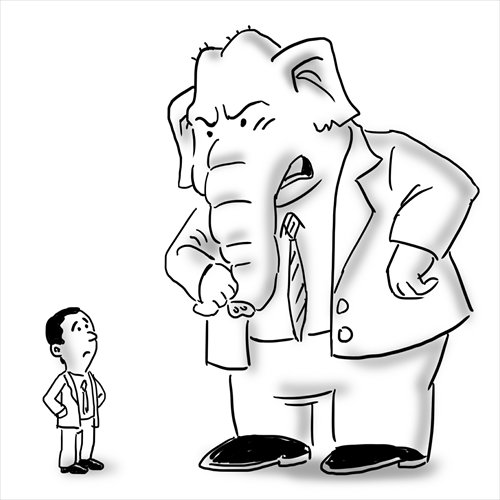HOME >> OP-ED
Blockade shows Nepal’s connectivity dilemma
By Ding Gang Source:Global Times Published: 2016/2/3 20:28:01

Illustration: Shen Lan/GT
According to media, a senior official of the Communist Party of Nepal said that Nepali Prime Minister Khadga Prasad Sharma Oli may pick China instead of India for his maiden foreign trip if India doesn't lift the "unofficial blockade" at the border.Oli was elected to the post in October. Usually the Nepali prime minister heads to India prior to China in the first overseas visit. The latest reports indicate that the Nepali government can no longer withstand the interference in its internal affairs by India, the strong neighbor to its south.
The Nepali parliament amended the constitution last year. Madhesis, an ethnic minority close to India, demanded to establish their own pradesh. New Delhi publicly bolstered the proposition to force it through the Nepali parliament, but the demand was rejected in the new constitution finally adopted by the Nepali parliament. This has led to a chaotic situation.
India then enforced an "unofficial blockade" of Nepal on September 23, citing tensions at the border, and closed the border point Birgunj. The town connects southern Nepal and almost 70 percent of India-Nepal trade goes through it.
A landlocked country, Nepal has China to its north and India to the south. Due to historical, ethnic, religious and geographic factors, India has huge clout on and grip of Nepal in political and economic fields.
The Nepali economy, particularly energy supply, is heavily dependent on India. As Nepal's trade with India accounts for as much as 70 percent of its total, the months of border blockade has tremendously disrupted the daily life of Nepalese and nearly led to social dysfunction.
To ease the crisis, China provided fuel to Nepal at its request. But given the long distance, terrible road condition and post-quake cut-off, China was unable to provide larger scale of assistance.
India's blockade violates the principle of no interference in the internal affairs of another country. Amending the constitution is Nepal's internal affair that should be addressed through internal political mechanism. Other countries can voice their attitude and exert some influence by political means, but imposing economic sanctions, which applies power politics, doesn't facilitate the building of a fair and cooperative political and economic framework between countries and in Asia as a whole.
China has provided a large amount of economic aid for Nepal to help the country develop its infrastructure such as electricity and transport. But there is little more that China can do due to geographical limitations.
The disputes between Nepal and India exposed the weakness in China-Nepal trade - transportation. Built in the 1960s, the China-Nepal highway that connects Kathmandu and China's Zhangmu carries 70 percent of the land trade between the two neighbors.
During my trip on the highway, I saw many small shops selling Chinese goods in villages along the road and full-loaded trucks drove from Chinese side. At the town of Kodari opposite the port of Zhangmu, I also saw throngs of residents carrying a variety of goods on their back. But the road conditions were appallingly bad. The devastating 2015 earthquake in Nepal blocked the land route and almost halted Nepal's trade with China, bringing more shocks to the Nepali economy.
The priority now is to re-energize the highway. China can enlist the project of restoring and improving the highway as part of the "One Belt, One Road" initiative.
Promoting China-Nepal economic and trade ties will also benefit India in the long run. It can better connect Nepal with India and Bangladesh and meanwhile link Nepal up with China, Thailand and Myanmar to enhance the connectivity between South Asia and Southeast Asia. This will also prompt India to open up more.
The author is a senior editor with People's Daily. dinggang@globaltimes.com.cn. Follow him on Twitter at @dinggangchina